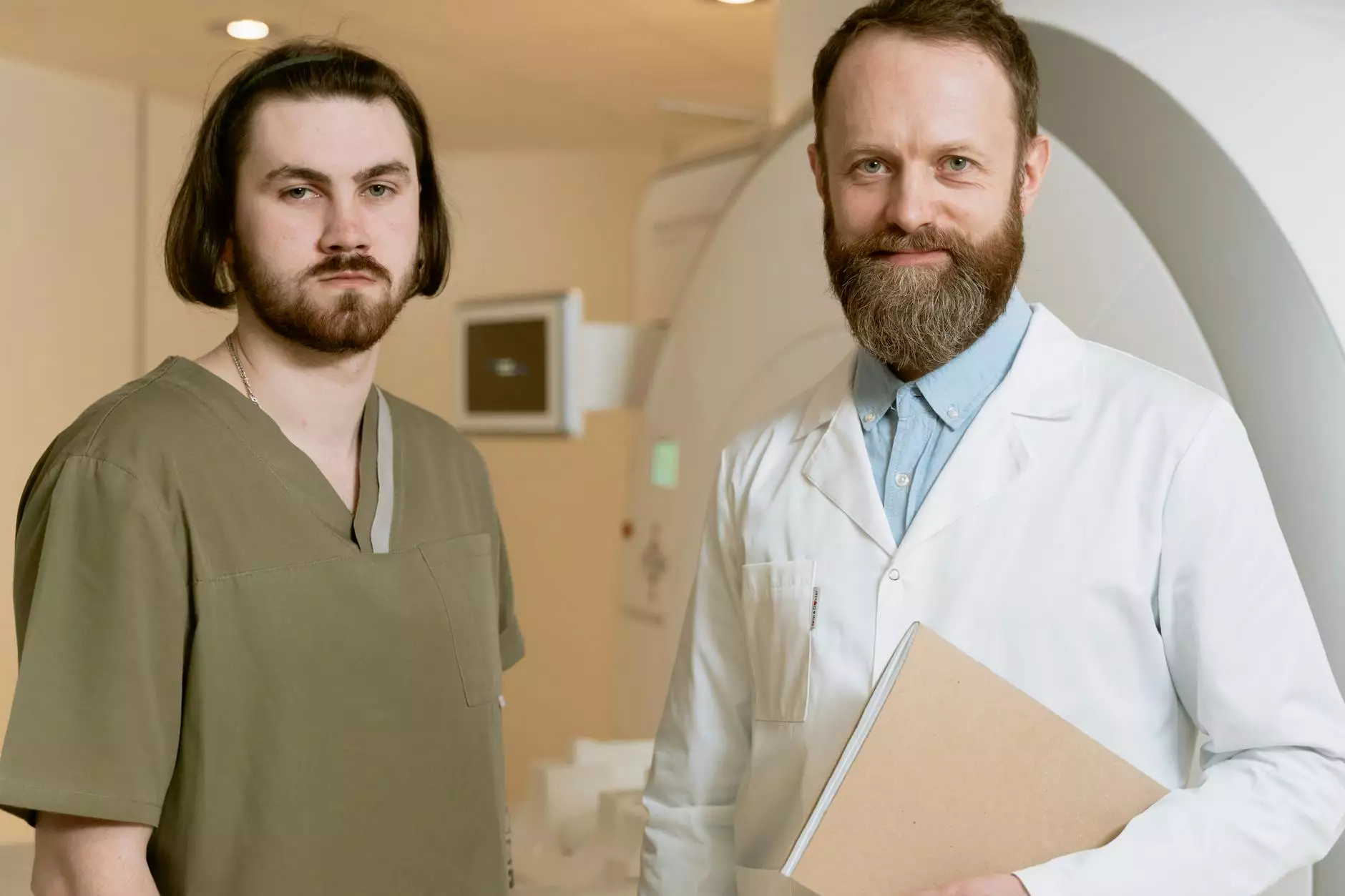The Importance of Lung CT Scans in Modern Medicine

In today’s rapidly evolving healthcare landscape, lung CT scans have become an essential tool for diagnosing various respiratory conditions and guiding treatment plans. This advanced imaging technique not only aids in identifying potential health issues but also plays a crucial role in the realm of sports medicine and physical therapy. As we delve into the world of lung CT scans, we will discuss their applications, benefits, and relevance in the health and medical field.
Understanding Lung CT Scans
A lung CT scan, or computed tomography scan of the lungs, employs advanced imaging technology to produce detailed cross-sectional images of the lungs and surrounding structures. Unlike traditional X-rays, which provide a two-dimensional view, CT scans offer a more comprehensive view, allowing healthcare providers to detect anomalies with greater precision.
The process involves a patient lying on a table that gently slides through a large, doughnut-shaped machine. During this non-invasive procedure, a series of X-rays are taken at different angles, which the computer then assembles into a detailed image. This procedure typically lasts only a few minutes and is crucial for diagnosing a multitude of health conditions, from mild to severe.
Why Are Lung CT Scans Important?
Lung CT scans are particularly significant for several reasons:
- Early Detection of Diseases: They enable the early identification of lung diseases such as lung cancer, emphysema, and pneumonia.
- Guidance for Treatment: The detailed images help physicians devise effective treatment plans, including surgery, radiation therapy, or monitoring existing conditions.
- Evaluation of Treatment Progress: Repeat scans can assess the effectiveness of ongoing treatments.
- Pre-operative Planning: Surgeons rely on CT scans for precise anatomical mapping before procedures.
Common Conditions Diagnosed with Lung CT Scans
Lung CT scans are instrumental in diagnosing a variety of conditions. Here are some of the most common:
1. Lung Cancer
One of the most critical applications of a lung CT scan is the early detection of lung cancer. The ability to visualize small nodules, which may indicate cancer, can lead to timely interventions that significantly improve survival rates.
2. Pulmonary Embolism
A lung CT scan can identify blood clots in the pulmonary arteries, a condition known as pulmonary embolism, which can be life-threatening if not treated promptly.
3. Interstitial Lung Disease
Conditions that cause scarring in the lungs, such as idiopathic pulmonary fibrosis, can be effectively assessed through detailed imaging provided by CT scans.
4. Chronic Obstructive Pulmonary Disease (COPD)
COPD, often caused by long-term exposure to irritants, can cause obstructive changes in the lungs. CT scans can help evaluate the severity and extents of lung damage.
5. Infection
Pneumonia and other infections can be accurately diagnosed and monitored using lung CT scans, which reveal areas of inflammation and fluid accumulation.
The Role of Lung CT Scans in Sports Medicine
In the field of sports medicine, lung CT scans are becoming increasingly useful. Athlete health is paramount; thus, detecting any underlying respiratory issues is crucial for performance and overall wellbeing. Here’s how lung CT scans contribute to sports medicine:
- Assessment of Exercise-Induced Asthma: Athletes may experience respiratory challenges during intense physical activity. CT scans can assess lung function and detect conditions such as exercise-induced bronchoconstriction.
- Monitoring Impact of Training: Understanding how rigorous training affects lung health can help sports professionals design safer training programs for athletes.
- Injury Prevention: By identifying potential respiratory conditions, coaches and trainers can modify workout regimens to prevent exacerbating existing issues.
Integrating Lung CT Scans into Physical Therapy
For physical therapists, understanding a patient’s lung health is vital, particularly for individuals recovering from respiratory diseases or conditions that limit physical activity. Here’s how lung CT scans align with physical therapy practices:
- Tailored Rehabilitation Programs: The insights from a lung CT scan can help physical therapists personalize rehabilitation exercises, taking into account the patient’s specific respiratory function.
- Monitoring Progress: Documenting lung health over time can indicate how well a patient is responding to physical therapy interventions.
- Predicting Outcomes: Understanding lung dynamics can enhance treatment strategies and predict patient outcomes in rehabilitation.
Benefits of Lung CT Scans
The advantages of lung CT scans extend beyond mere diagnostic capabilities. Here are critical benefits:
- Precision: CT scans provide highly accurate imaging, which allows for targeted treatment approaches.
- Speed: Results can often be obtained quickly, facilitating timely decision-making in urgent cases.
- Non-invasiveness: Being a non-invasive procedure, lung CT scans avoid surgical intervention while providing crucial information.
- Wide Application: These scans are versatile tools applicable in various medical specialties beyond pulmonology, such as cardiology and oncology.
Safety and Risks Associated with Lung CT Scans
While lung CT scans are incredibly beneficial, it’s essential to consider their safety and potential risks. The most significant concern relates to radiation exposure. However, advances in technology have significantly reduced the amount of radiation used during the scan. Moreover, healthcare professionals diligently weigh the benefits against possible risks before recommending a scan.
It’s also worth noting that not every individual requires a lung CT scan. Healthcare providers will take patient history, symptoms, and risk factors into account when recommending this test.
Conclusion: The Future of Lung CT Scans in Healthcare
In conclusion, lung CT scans play a fundamental role in modern healthcare, providing critical insights into lung health, which is essential for diagnosing and monitoring numerous respiratory conditions. As the fields of health and medicine continue to advance, we can expect to see even greater integration of lung CT technology in various practices, especially in sports medicine and physical therapy.
At Hello Physio, we prioritize the well-being of our patients and embrace innovative diagnostic tools, including lung CT scans, to ensure comprehensive care. By understanding the value of lung CT scans, healthcare providers can enhance their treatment approaches and ultimately contribute to better patient outcomes.
For patients interested in learning more about how lung CT scans can be beneficial for their specific health needs, we encourage consultation with healthcare professionals who specialize in this area. Knowledge is power, and having informed discussions about lung health can lead to proactive management and a more robust health future.









